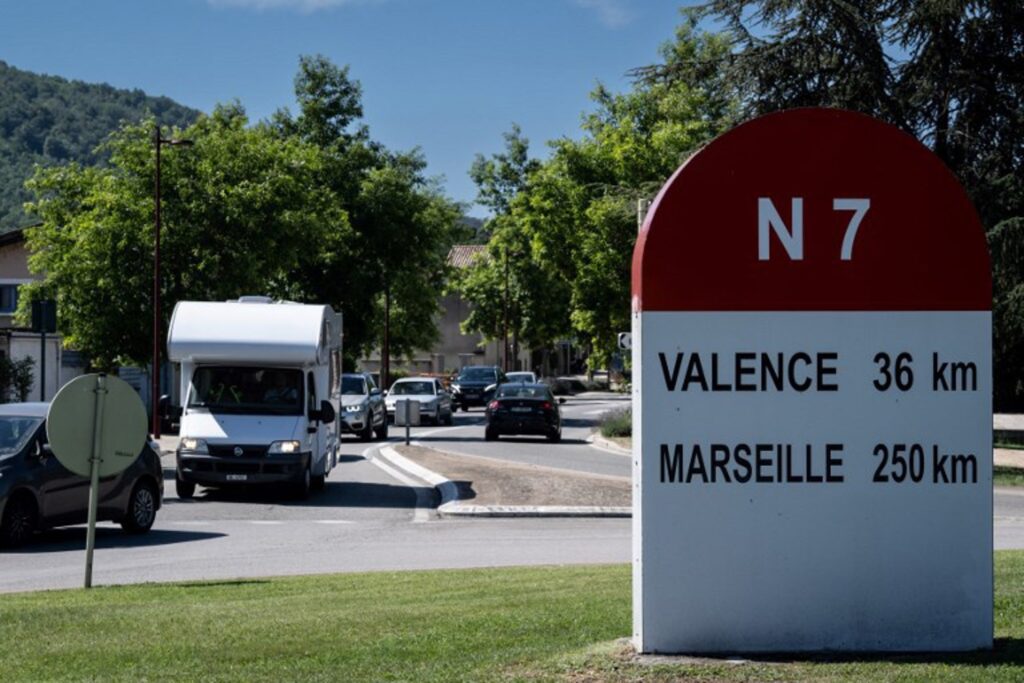When it comes to taking precautions against fatigue during long drives, Belgians rank the best compared to their European counterparts, according to the Vias road safety institute.
According to the national results of a European survey on behaviours during long car journeys released by Vias on Tuesday, eight in ten Belgians (81%) stop for a break during their journey. No country in Europe is more inclined to this practice than Belgium, with the European average being much lower (63%).
However, drivers only take a break every three hours on average, whereas Vias noted that it is advisable to stop every two hours. Moreover, nearly seven in ten Belgians (72%) change drivers during the journey. This practice is widely recommended as an "effective way of maintaining optimum concentration."
More night drivers
When it comes to making long journeys, nearly seven in ten Belgians (67%) prefer to set off at night. "Driving at night has obvious advantages, including lower traffic density, lower temperatures, and a calmer atmosphere when children are asleep," explained the institute.
However, driving at night also has the major disadvantage of being more tired than during the day. For example, one in four drivers admits to having dozed off at the wheel, and about one in seven (14%) say they have drifted onto the emergency lane while doing so.
The survey also highlights that late preparation can increase fatigue. According to the figures, nearly eight in ten Belgians (79%) admitted finishing their preparations the night before departure. Consequently, the journey may well be "a struggle against falling asleep" which is "totally inadvisable," Vias reported.
Related News
- Train holidays rising in popularity this summer
- Belgian Foreign Ministry sends citizens essential holiday tips
For a safe journey, Vias listed a number of recommendations and tips for those about to drive long journeys. These include taking 20-minute naps and drinking a cup of coffee beforehand. Caffeine takes effect after about 20 minutes, so "the benefits will be felt after waking up."
It is also not recommended to skip a break – even when the journey is almost over – as the risk of an accident is multiplied by four in the last 100 km.

